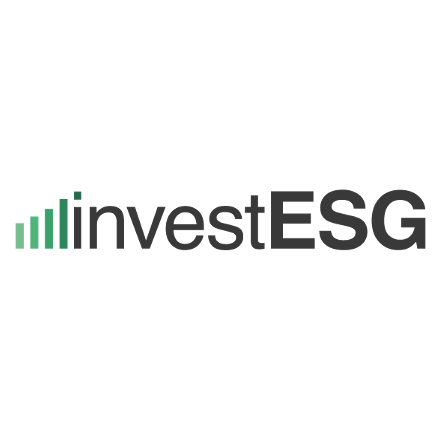

"Reducing carbon emissions and aiming for carbon neutrality have been identified as important milestones. Fifty years ago, today’s developed countries contributed two thirds of global carbon emissions and emerging markets only one third. Today, total CO2 emissions have tripled, but the ratio has reversed and emerging markets contribute almost 70%", as outlined by Tilmann Galler, Global Market Strategist, J.P. Morgan Asset Management in Frankfurt. He added: “Emerging markets and ESG represent the place where two investment mega-trends come together. The dynamic growth of emerging markets will lead to a significantly higher representation in portfolios in the next 10 years. At the same time, due to investor preferences and developed world capital regulation, we are seeing a growing preference for investments that meet ESG criteria. Emerging markets are not homogenous on a country nor a corporate level. But growth and sustainability can be reconciled through careful company research and engagement."10 percent of PRI Signatories are active in Emerging MarketsInvestors realize the fact that investments in Emering Markets infrastructure can have a impact on achieving the goal of reduced carbon emissions (as long as it is not only in highways used by diesel and gasoline powered vehicles).
Based on a report by The Economist ("Missing ingredients", 12th June, 2021) only 10 percent of it's 4.000 signatories are active in Emerging Markets and rich countries had not delivered on the promise given in Paris 2015 to provide USD 100 billion per year to Emerging Markets.New Infrastructure Debt Asset Manager Search Request on investRFP.com (USD 150 million)Investors are moving towards Emerging Markets. One example is the most recent RFP for Infrastructure Debt Management in Emerging Markets, released on investRFP.com. You can find further details on the investRFP.com platform.
investESG.eu is an independent and neutral platform dedicated to generating debate around ESG investing topics. All opinions expressed are those of the author or contributing source.
Published by
 investESG
investESG
 investESG
investESG

